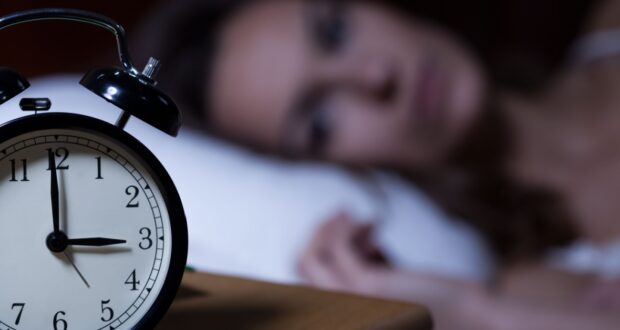By: Red Hot Mamas
Published: December 12, 2024
From the Editor…Karen Giblin
“May the Spirit of the Holidays be with you throughout the New Year.”
— Unknown
Dear Red Hot Mamas,
First and foremost, I want to send you all my heartfelt wishes for a holiday season that overflows with love, happiness, and the beauty of cherished connections with friends and family.
Let me now briefly speak about the importance of staying healthy during and after menopause.
Maintaining and improving our personal well-being at menopause can be challenging due to the unpredictable symptoms of menopause that can last a few months to years. Navigating both the physiological and emotional changes sometimes interferes in our day-to-day lives. We must never forget how important it is to approach menopause with openness and seek help and advice from our doctors when needed. Our doctors are there to provide us with guidance and practical steps to help us to manage menopause.
During the holiday season, many of us feel overwhelmed, our stress levels increase which interferes with our ability to enjoy the holidays especially when we worry about money, missing loved ones and even anticipating family conflicts. And, to make matters worse, most women spend lots of time taking care of others and take little time to take care of themselves. That is especially true during the holiday season. We have jam-packed schedules. Therefore, it is important to ask ourselves what is essential that we get accomplished during the holidays and what can be left out. If we attempt to do all these things, we will feel overloaded due to the demands in our jobs and family life and we are left with no time to improve our physical and mental well-being. However, it is important that we take care of ourselves and make priorities which will improve our health.
Sleepless in the Saddle:
Let’s now talk about sleep. During the holidays, many of us simply have too many thoughts and feelings that run through our minds that impact our quality of sleep. When we lose sleep, we feel exhausted, and our health suffers. We may develop insomnia (having difficulty falling or staying asleep).
The average person needs 7 to 9 hours of sleep at night. But there are lots of disruptions that cause us not to get that amount of sleep. So, what are some of the sleep disrupters and what can we do to perhaps help them to disappear?
Here are some disruptions which might be bothering and for you and strategies that may make you comfortable:
You are hot at night:
Try to keep your bedroom cool – for me, 67 degrees is ideal.
Put a fan on
Choose the right sheets – sorry to tell you but high thread counts are less breathable and may cause you to sweat
If you need to sleep with an eye mask on, make sure it is silk, the others can make you feel too warm
Switch off those devices:
Viewing your phone or iPad delays the production of melatonin and it will make it harder for us to fall and stay asleep. So put these devices on sleep mode when coming into the bedroom.
Too much brightness
Use blackout curtains and mute all lights
Calm your brain from the stressors of the day
Try relaxation exercises
Use a weighted blanket – it feels like you are being hugged
Minimize Bathroom Runs
Cut out caffeine especially after 2 pm
Noise
Invest in earplugs if you experience unwelcome sounds that wake you up
Exercise
Working out early in the day (rather than in the evening) spurs our endorphins, makes us feel less anxious and helps with sleep.
In closing, it is important that you maintain a regular sleep schedule and when you are tired during the day, there is nothing wrong with taking a nap. Sleep is a powerful tool to improve our health.
Good Health to You All,
Karen Giblin
 Red Hot Mamas In Charge of Change.
Red Hot Mamas In Charge of Change.




